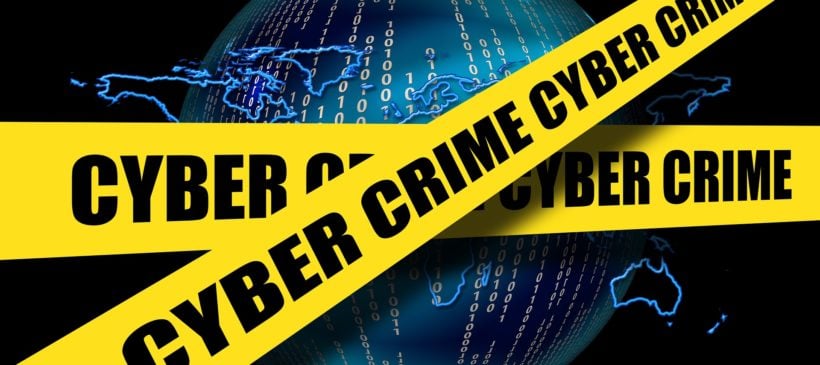
In a recent report, the International Criminal Police Organisation, otherwise known as INTERPOL, provided insight into cyber-crime in Africa. Remarkably INTERPOL found that South Africa has the third-highest number of cyber-crime victims in the world, at a cost of R2.2 billion a year.
For too long, online scams, extortion and business emails being compromised have plagued the country. Everyone knows the stories – criminals tricking individuals in to revealing personal or financial information, corporate systems being hacked, and the blocking of vital computer systems at public institutions and infrastructure such as hospitals, with a demand for money to restore working order.
The data shows that the scale of cyber-crime across Africa is such that it has become one of the most prominent challenges to the ease of doing business, and ultimately economic development. In South Africa, there has been a phenomenal increase in mobile banking application fraud and as a country, we are estimated to suffer 577 malware attacks an hour.
It is time to get smart and use legal means and enforcement to protect citizens against cyber-crime. Given that the problem transcends national borders, the solution must be multinational, requiring greater international co-operation. Having served as the South African Permanent Representative at the United Nations in Geneva and later as Permanent Representative of South Africa at the United Nations in New York, I have great faith in the power of governments to unite and work together to solve collective challenges.
Throughout my tenure at the United Nations, New York, and in particular during South Africa’s two year term on Security Council (2019-2020) as well as when one was the President of the United Nations Security Council in October 2019 and December 2020, one realised the importance of new ideas ,breaking down geo-political divides and ensuring that every nation had a powerful voice, was evident. Problems could be solved with collective willpower. The threat posed by cyber-crime is no different, and the international community must strengthen the tools at the disposal of national governments.
The enactment of new legislation in South Africa earlier this year has been a good first step that signalled the government’s intention to get tough on this crime. It saw the introduction of a clear definition for what constitutes cyber-crime – the lack of which has previously hampered investigations and prosecutions of internet-based crimes. However much more is needed in terms of international co-operation and collective action.
The next move should be increased knowledge sharing between nations with far greater expertise and experience in handling cybercrime. INTERPOL has taken some measures in this regard, launching in May 2021 a new cybercrime operations desk with funding from the UK, helping 49 African countries. However much more is needed in order to facilitate international co-operation.
This should start with INTERPOL, working to support its constituent members to combat cybercrime, and, as one candidate for the upcoming Presidency of the organisation has said, criminals are outpacing law-enforcement agencies with the adoption of the latest technologies.
Dr Ahmed Naser Al-Raisi, the UAE’s candidate for the Presidency, has signalled his intent to integrate cutting-edge technologies into INTEPROL’s operations, and enhance the exchange of information through databases. This can only be a good thing in the global fight against cybercrime. Should he be elected, he has also suggested that he will put ‘Africa at the heart of his agenda’, a clear reason why African nations should look to support him at the upcoming General Assembly in Istanbul.
The second step must be increased diplomatic and multilateral efforts. Given the impact on South Africa of cyber-crime, we should be leading the conversation. The world has recently come together to work towards reaching solutions to the challenges posed by climate change at COP 26 in Glasgow, and we should in a similar way be creating a global forum to address cyber-crime.
Such efforts must include those states such as Russia that have an important role to play and a recent move to exclude the country from a 30-country meeting to discuss ransomware and other cyber crime was a mistake.
If the world is serious about getting tough on cyber-crime, the only route forward is through greater international co-operation, that includes a strong African voice.
By Jerry Matthews Matjila, former Permanent Representative of South Africa to the United Nations